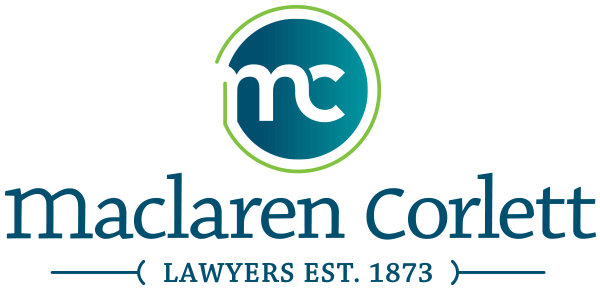Can they really say that?! Advertising self-regulation in Canada – Part 5
In my last blog (Advertising self-regulation Part 4) I discussed the Advertiser Dispute procedure under Advertising Standards Canada (ASC). But what happens if you, as an advertiser, bring a complaint against one of your competitors and the Dispute Panel, after hearing the arguments on both sides, reaches a decision that you feel is clearly wrong? What recourse do you have?
Appeal
Either party to the Dispute Procedure can request leave to appeal on the basis that the Panel erred in its interpretation of the evidence or of the provisions of the Code, however there are specific and quite short timelines to be followed to request an appeal and file the applicable fee. If the defendant advertiser is appealing a decision, it may do so ONLY if it gives a written undertaking to withdraw the advertising in question. What is interesting about this requirement is that while an advertiser may disagree with a decision, it may be more advantageous to them NOT to appeal as a Panel Decision frequently gives several months for amendments/withdrawal to be made by the unsuccessful party, which is a much more attractive business result than immediate withdrawal and payment of further fees.
Review of the request to appeal is heard by a three (3) member panel, two industry sector representatives and one public representative. If the review panel determines that the request for appeal has valid basis, the appeal is granted and it is heard by an Appeal Panel of five (5), made up in the same manner as the original Panel. The Appeal Panel Hearing will be conducted in the same manner as the original Panel Hearing, and a written decision will be sent to both parties within five (5) working days of the Hearing.
It should be noted that the Appeal Procedure is basically a “do-over” of the initial Dispute Panel. The Appeal Panel will re-hear the complaint; not simply focus on specific areas of the original decision that have been disputed. As a result, it may be a risk to appeal a decision because the Appeal Panel may decide differently with regard to ANY of the allegations contained in the original Complaint and an Advertiser may actually lose ground that was previously won.
Assuming that both parties comply with the decision of the Panel the entire proceeding, from the initial filing of the complaint to final resolution, is confidential.
Confidentiality
This confidentiality can be a benefit to both the complainant and to the defendant. It does, however, make it impossible to review the type of complaints submitted to the Dispute Procedure for determination or ascertain the Panel’s interpretation of the Code in relation to those complaints. This can make it particularly challenging for parties to assess the types of evidence that would be most persuasive to include in its submissions, or to assess its chances of success based on prior decisions.
Another drawback to the confidentiality of the proceedings, at least to the successful party, is that the results cannot be made part of any future marketing efforts, nor can they be used as evidence if a challenge on the same, or a similar, issue in other proceedings. These drawbacks are of course a benefit to the party who is not successful.
In addition, as the individuals in the Panel will change from time to time, and the prior Hearings are confidential, there is no benefit of precedent for parties or Panel members, nor can previous decisions be looked to for consistency in interpretation and application. This can introduce a level of uncertainty to the proceedings, which does not exist with some other alternate options for addressing challenges to a competitor’s advertising.
In my final blog on ASC, I will review the enforcement, timing and cost issues related to filing complaints and suggest where this dispute procedure may fit among the options that are available to challenge advertising in Canada.



